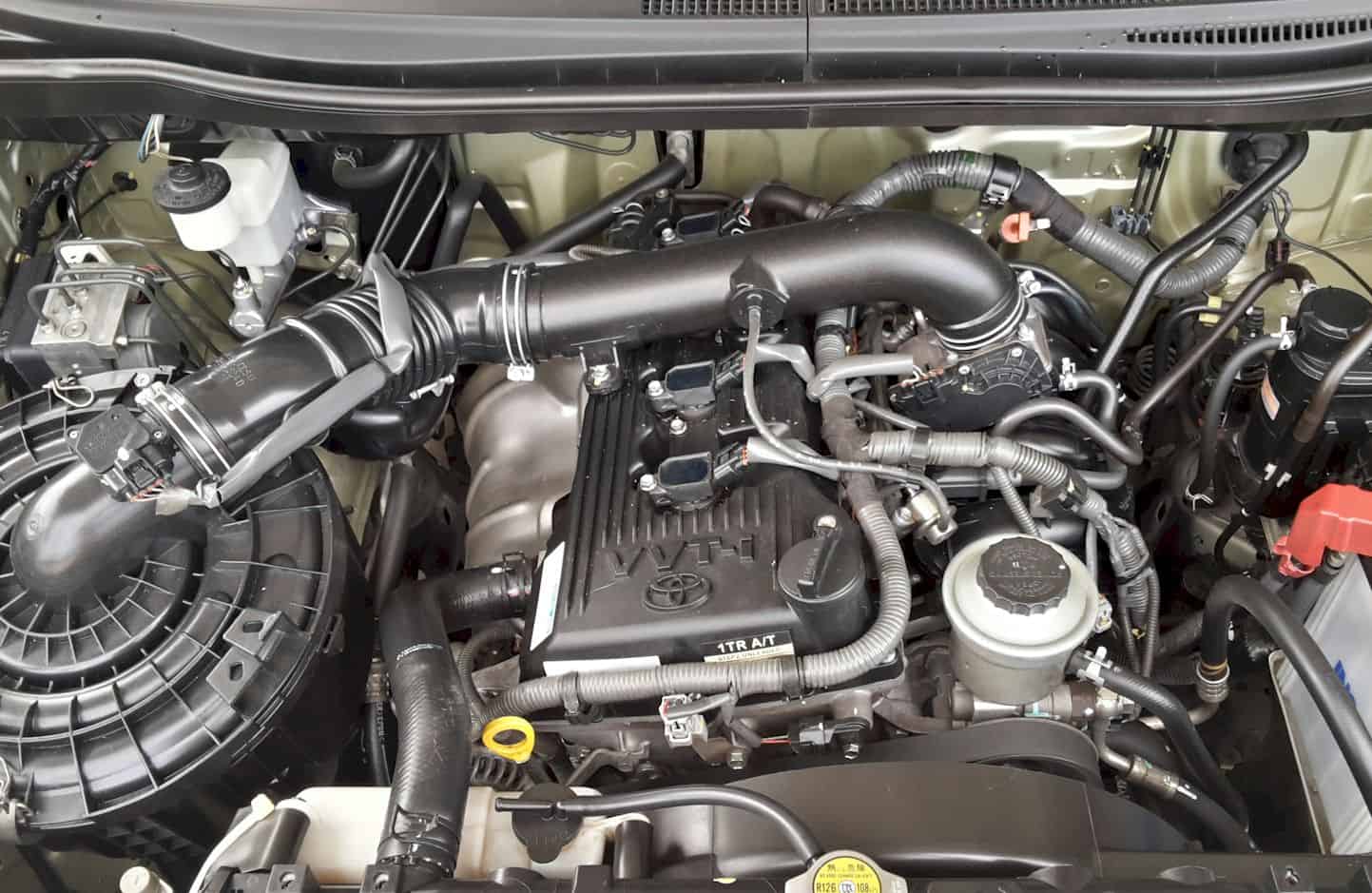If you are wondering whether you should be worried about a hot car engine or not, I highly suggest that you take a good look at how you treat your car. A hot car engine could mean an overheated engine. It can pose a lot of problems and can even worsen to a point where you will have to bring your car to the shop.
A lot of my regulars tend to ask me how hot does a car engine gets before it starts overheating? And in this article, I discuss with you how hot a car engine gets and what happens if you keep driving an overheated car.
How Hot Does a Car Engine Get?
In the past few years, modern cars have been upgraded thoroughly to prevent overheating engine. Most cars today have a temperature gauge that will let you know the coolant inside the engine. This will mostly give drivers an early warning sign if the car is slowly overheating.
Many factors increase the temperature of a car's engine, and I usually remind my customers of this. Using the air conditioning, especially at full blast, is one of the main reasons that will keep their car engine hot. Stop-and-go driving during hot weather can also increase the temperature. Towing cars also make the car engine hotter.
Most cars today that I know have a normal operating temperature range of about 195 to 220 degrees Fahrenheit. While this does provide you with good temperature, I would rather think that this does not show the accurate temperature within your engine. If you reached above the temperature range, chances are you will experience an overheated engine. Modern cars usually provide a warning light that will give you a heads up on what's happening underneath. If you find a red or yellow warning light, I always suggest that you park your car immediately, turn off the engine, and call your nearest auto-technician.
How To Read Car Engine's Temperature Gauge
This is the reason why I recommend learning how to read the car engine's temperature gauge. Understanding how to read the temperature gauge is for your safety and is important for those who want to learn how to drive. I always check the temperature gauge on my car, especially during long drives, so I can avoid having to experience a lot of mishaps along the way.
Normally, you can see the needle at the center, or it can be slightly below the center. I would suggest keeping checking the temperature gauge to make sure that it stays in that position all the time. The moment you notice that it leaves that range, you should be calling for help.
When the needle leaves that safe space, it can be that the temperature becomes hot or the coolant is already low, or it could leak. Sometimes, it can be that the thermostat is broken, or the valve leading to the engine is not functioning properly to get the coolant into your engine. This is why I always recommend having your engine checked from time to time to see if there are any failures inside.
If it is the other way around or the temperature gauge remains low, it could be that the coolant is constantly flowing into your engine, and the thermostat is stuck. Learning how to read a car engine's temperature gauge is an important part of driving and taking care of your car. You surely do not want to drive a car with an overheated engine.
What Happens If You Keep Driving An Overheated Car?
Now that you know how to read your car's engine temperature gauge, what would happen if your car is getting hotter and what happens if you keep driving an overheated car? If I do not notice the temperature gauge from my engine and keep on driving an overheated car, chances are I might be doing damage to the car's engine and can result in many different things.
An overheated car engine means that the temperature inside that area is high. This can melt or crack the aluminum material from the head gasket, which can lead to leaks. The car will start to burn oil and the coolant much faster than normal. If the head gasket fails, it is very unsafe for you to drive your car, and replacing it can be a very costly venture.
Overheating also causes a cracked engine block, which can lead to oil leaks and a decrease in performance. A cracked engine block is very expensive and inconvenient for both me as a technician and you as a car owner. It will take a lot of time to fix this issue from the car.
Conclusion
Hopefully, learning how hot does a car engine gets and what to do when it does will help you take care of your car better. Never forget to call your best auto-technician for help.
James is a certified auto technician specializing in commercial vehicles. With 30 years of experience under his belt, James has encountered almost every type of automotive issue there is! Besides his day job at the repair shop, he is also an amateur race car driver.
